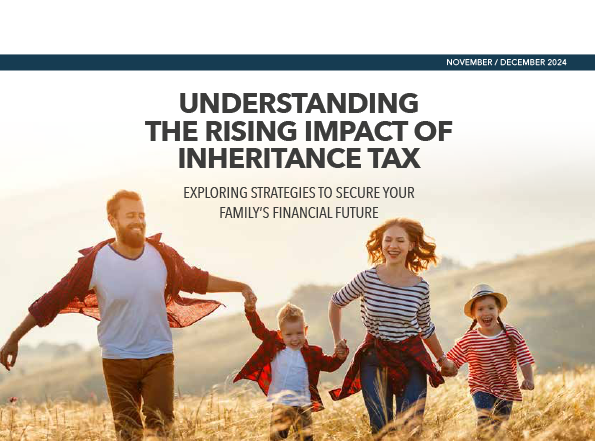Nobody wants to think about the prospect of becoming critically ill. Yet, for an increasing number of people – as the last 18 months have demonstrated all too clearly – that’s a real possibility. And the impact that such an illness can have on your income, whether you are a business-owner or a salaried employee, can be huge.
As well as the economic impact of being diagnosed with a serious illness that affects your ability to work and earn a living, you also have to take the emotional effects into account. If you suffer a heart attack or are diagnosed with a critical illness such as cancer, the last thing you need is additional worries about how you’re going to keep paying the bills or supporting your loved ones. So, investing in a policy that covers you in such an eventuality could take that potential additional stress away from you, so you can focus on your health, rather than your finances.

What is critical illness cover?
Critical illness cover does exactly what it says on the tin – it covers you in the event that you are diagnosed with a critical illness and can no longer work. It usually pays you a lump sum that you can use to either pay for treatment or support your family and loved ones, allowing you to focus on your recovery.
It differs from life insurance, which only pays out when you die. However, both types of cover are often provided in combination, so it’s important to talk to us about the best policy to meet your needs. For example, if you already have a life insurance policy, we will be able to advise you on which critical illness cover would be best for you, without duplicating your life cover.
When should you consider critical illness cover?
Whatever stage of your life you’ve reached, depending on your specific circumstances, critical illness cover could be a viable option. According to a large insurance provider, the average age of claimants for their critical illness policies in 2020 was 48 years old, with the youngest claimant aged 24 and the oldest 69. What’s more, the average length of a critical illness policy in 2020 before the first claim was just eight years, with an average pay-out of £79,248.
A calculation shows that if you’re a 35 year-old male non-smoker and you intend to retire when you reach 68, you have a 19.4% chance of suffering a serious or critical illness, or dying before you retire. For females of the same age and profile, there’s a 15.6% chance of a serious illness or dying.
These calculations highlight that there’s no definitive answer to when you should think about critical illness cover. That’s why we’ll always sit down with you to look at your individual priorities and needs, before advising on whether it’s right for you. This might take into account your monthly expenses, such as mortgage and/or children’s school fees, as well as your ability to keep up payments if you lost your regular income.
Talk to us
Whatever stage you have reached in your life or career, some form of income protection may be able to provide reassurance that if things unfortunately go wrong, you and your loved ones will still be covered. To find out more about how income protection might benefit you, contact us…
Talk to us
To find out more about how income protection might benefit you, contact us…
How much financial security do you need for a happy retirement?
Financial status plays a significant role in retirement happiness Retirement is a time many look [...]
How does pension consolidation work?
Pensions can be confusing, but there is an alternative way to help keep on top [...]
Podcast: Autumn 2024 Budget Playbook, Tax, Finance & Accounting Podcast
Grosvenor Wealth Management is delighted to share our recent podcast collaboration with HB Accountants featuring Andrew [...]
Smart Money November / December 2024
Smart Money November / December 2024 Welcome to the November / December 2024 edition of [...]
Have you had a retirement conversation?
Many people do not engage in crucial conversations regarding the lifestyle they envision As we [...]
The Great Unretirement
Contemplating a return to work after a significant absence or considering a phased return? In [...]







